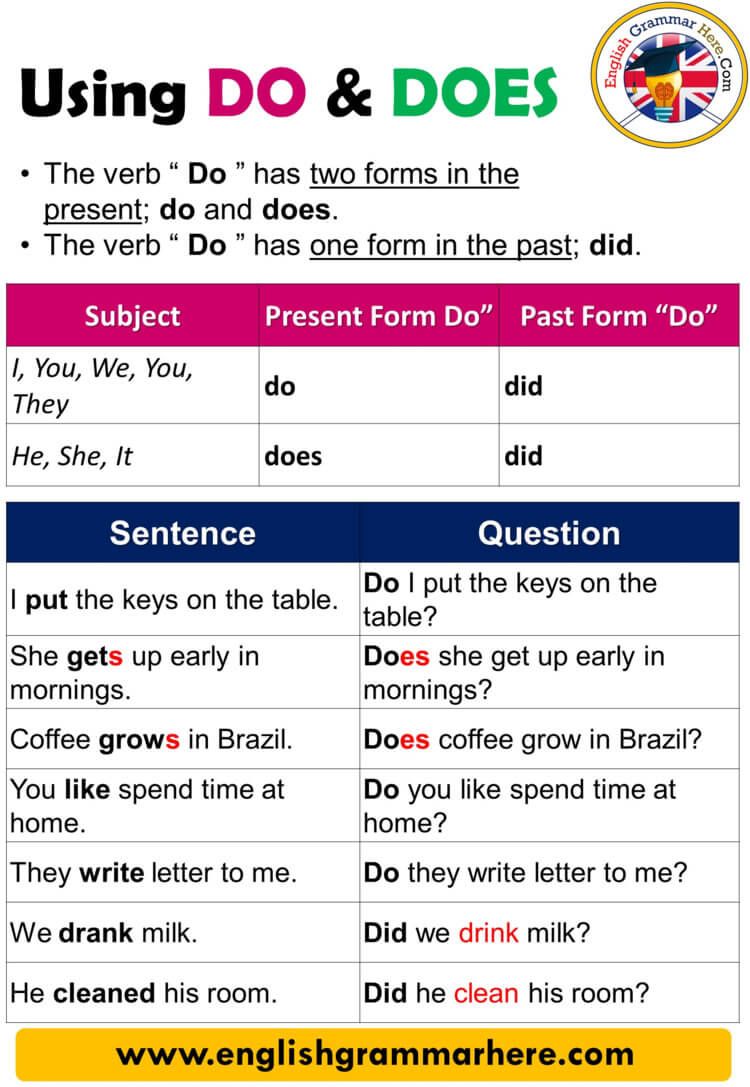Ratification in Real Estate: Turning Agreements into Legally Binding Contracts
Understanding Ratification in Real Estate
In the context of real estate, ratification refers to the crucial step where a previously tentative agreement between parties becomes a legally binding contract. This process is central to real estate transactions, as it marks the moment both the buyer and the seller are formally committed to the terms outlined in the contract. Ratification is achieved when all parties express their approval-most commonly through signatures-making the contract enforceable in a court of law if necessary [1] [3] .
How Ratification Works in Real Estate Transactions
The journey to a ratified contract in real estate typically follows these steps:
- Offer: The buyer submits a written offer, specifying terms such as price, contingencies, and timeframes.
- Negotiation: The seller may accept, reject, or counter the offer. Negotiations can include several rounds of counteroffers until both parties are satisfied with the terms.
- Acceptance: Once all parties agree to the final terms, both the buyer and seller sign the contract.
- Ratification: The moment the last required party signs the contract, it is considered ratified. The date and time of this last signature become the official ratification date, which determines the start of all subsequent deadlines and obligations [3] [1] .
- Distribution and Execution: The ratified contract is distributed to all parties involved, including agents and title companies, ensuring everyone is aware of the binding agreement and its terms.
This process provides clarity and legal protection for both sides, as the contract becomes enforceable and each party can be held accountable for its terms [3] [2] .
Key Elements of a Ratified Real Estate Contract
For a contract to be considered truly ratified in real estate, several essential elements must be present:

Source: greinerlawcorp.com
- Mutual Agreement: Both buyer and seller must agree to all the terms and conditions-there can be no outstanding changes or unresolved contingencies.
- Authorized Signatures: All required parties, including any co-owners or representatives, must sign the contract. Signatures serve as concrete evidence of consent and understanding.
- Clear Date of Ratification: The date when the final party signs is recorded and used to calculate critical deadlines, such as inspection periods and closing dates [1] .
- Proper Authority: The individuals signing must have the legal authority to enter into the agreement, whether as owners, legal representatives, or agents with explicit power.
Without these elements, the contract may be considered void or voidable, potentially placing the transaction at risk [5] .
Why Ratification Matters in Real Estate
Ratification serves as the gateway to each party’s legal obligations. Prior to ratification, negotiations are non-binding, and either side can walk away without penalty. After ratification, the contract’s terms are enforceable, and failing to fulfill obligations-such as providing earnest money, securing financing, or completing inspections-could result in legal consequences, loss of deposits, or claims for damages.
This binding nature is why ratification is so significant for both buyers and sellers. It provides certainty, allows for planning (such as moving or securing financing), and is often required by lenders and title companies to initiate further steps in the process [1] [3] .
Common Issues and Solutions in Ratification
Several challenges can arise during ratification, including:
- Ambiguous Terms: If contract terms are unclear or incomplete, ratification may be delayed or the contract may be unenforceable. To avoid this, ensure all terms-such as contingencies, deadlines, and inclusions-are clearly defined.
- Missing Signatures: All required parties must sign. If any signatures are missing, the contract is not fully ratified. Use digital signature platforms or coordinated in-person signings to streamline this process.
- Authority Issues: Only those with legal authority can sign. For properties held in trust, by corporations, or as part of an estate, confirm the correct representatives are signing.
- Changing Terms After Ratification: If parties want to modify the agreement after ratification, an amendment must be drafted, agreed upon, and signed by all parties to become enforceable.
Working with experienced real estate agents and legal professionals can help anticipate and resolve these issues proactively [1] [2] .
Real-World Example: Ratification in Action
Imagine a buyer submits an offer on a home, proposing a purchase price, 30-day closing, and a home inspection contingency. The seller counters, adjusting the price and shortening the closing window. After a round of negotiation, both parties agree to new terms, and each signs the updated contract. The moment the seller’s signature is added, the contract is ratified. From this point, all deadlines (such as inspection and financing) are calculated based on the ratification date. Both parties are now legally bound to the agreement, and any failure to fulfill contractual duties can result in legal remedies [3] [4] .

Source: latterly.org
Step-by-Step Guidance for Buyers, Sellers, and Agents
To ensure a smooth ratification process, consider the following actionable steps:
- Clarify All Terms Before Signing: Ensure every detail of the contract-from price to contingencies-is thoroughly discussed and documented.
- Double-Check Required Signatures: Confirm all parties (including spouses, co-owners, or authorized representatives) are present to sign.
- Establish the Ratification Date: Record the date and time of the last required signature. This date is central for calculating deadlines.
- Distribute the Ratified Contract: Provide copies to all parties, including real estate agents and title companies, to keep everyone informed.
- Monitor Deadlines and Obligations: Use the ratification date to track inspection periods, financing deadlines, and closing dates.
- Seek Professional Guidance: If you’re unsure about any part of the contract or the ratification process, consult a licensed real estate agent or real estate attorney for personalized advice and legal protection.
If you need to find a qualified professional, you can search for local real estate agents through your state’s real estate commission website or use national directories provided by reputable organizations such as the National Association of Realtors. For legal questions, searching for “real estate attorney near me” or consulting your state or local bar association can help locate qualified experts.
Alternatives and Special Circumstances
In some situations, a contract may be ratified “by conduct”-for example, if both parties act in accordance with the agreement even before formal signatures are in place. However, written signatures are strongly preferred for clarity and enforceability. If a contract is found to be void (for example, involving illegal activity), it cannot be ratified. Voidable contracts, such as those involving minors or misrepresentation, can sometimes be ratified if the affected party chooses to proceed after learning all facts [5] .
Any amendments or changes after ratification require a written addendum, agreed to and signed by all parties, to become part of the binding agreement.
Key Takeaways
- Ratification is the key step that makes a real estate contract legally binding and enforceable.
- All terms must be agreed upon, and all required parties must sign for true ratification.
- The ratification date is essential for tracking contractual deadlines.
- Work with experienced agents and legal professionals to avoid common pitfalls and ensure a valid, enforceable agreement.
- If you need help, consider contacting your local real estate board or searching for licensed professionals in your area for guidance and support.
References
- [1] Graham Salkin Group (2024). What is Ratification in Real Estate?
- [2] UpCounsel (2025). Ratified Contract Essentials and Legal Implications.
- [3] Greiner Law Corp (2024). What is a Ratified Contract in Real Estate?
- [4] Cobblestone Software (2025). What Is Ratification in Contract Law?
- [5] Docupilot (2024). A Complete Guide to Ratified Contracts in Real Estate.
MORE FROM couponito.com













